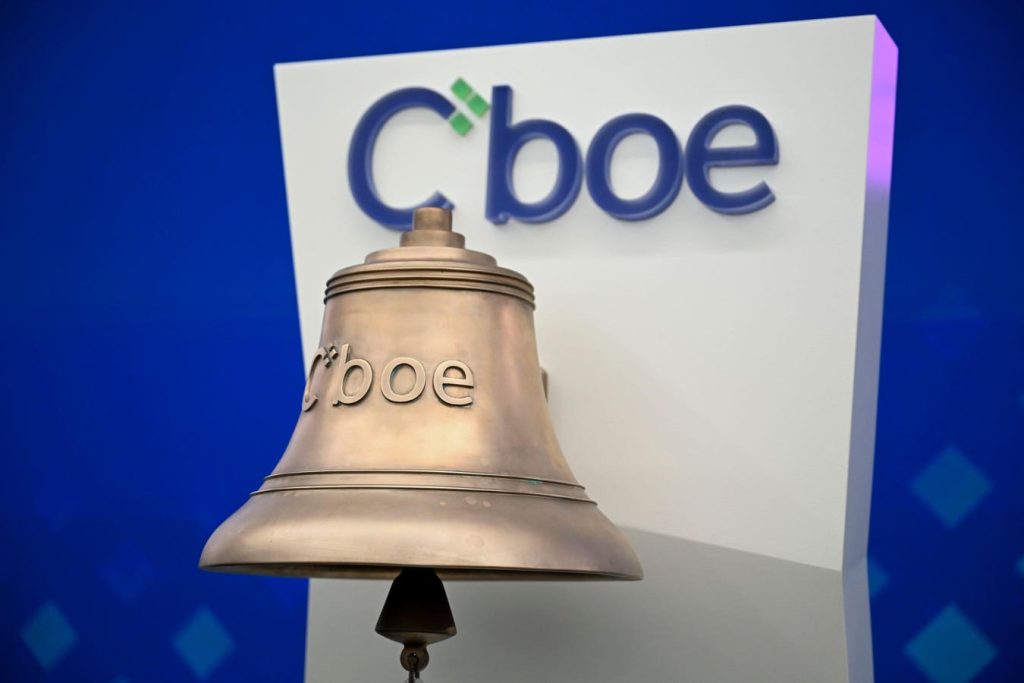The allure of options trading, with its potential for substantial gains, continues to attract individual investors, a trend likely to persist in the coming years. While offering opportunities for profit, options also present considerable risks, and the historical data paints a stark picture: the average options trader tends to lose money. This isn’t surprising given the complexities of options pricing and the inherent leverage involved. Coupled with the psychological factors driving trading behavior, the options market can become a treacherous landscape, particularly for those susceptible to addictive behaviors. Media reports highlighting individual investors seeking help for options trading addiction underscore this very real danger. These stories echo academic research, which points to a small but significant percentage of individuals engaging in options trading as a form of gambling, often with disastrous financial consequences.
The prevalence of gambling addiction within the broader population aligns with the percentage of investors exhibiting similar behaviors in trading. Research suggests a specific group of investors—those who primarily speculate, utilize options, and employ technical analysis—experience significantly worse performance compared to their counterparts who avoid these practices. This group, comprising a small percentage of the overall investor population, displays characteristics consistent with gambling addiction, highlighting the intersection of financial markets and compulsive behavior. The allure of quick riches and the excitement of speculation can cloud judgment and lead to excessive risk-taking, ultimately resulting in significant financial losses.
While options trading can be detrimental for some, it can also serve as a legitimate investment tool when employed strategically. The use of covered call writing, for example, allows investors to generate income from their existing stock holdings while mitigating some downside risk. This strategy involves selling call options on stocks they already own, offering a more conservative approach compared to speculative options trading. Differentiating between speculation and strategic options utilization is crucial for understanding the varying outcomes observed among investors. Those who engage in options trading for entertainment, while adhering to disciplined risk management principles, can potentially achieve positive returns. It’s the combination of speculative intent, reliance on technical analysis, and a propensity for risk-taking that often leads to negative outcomes.
The historical context of market speculation provides further insights into the current landscape. From the leveraged bets of the 1920s to the rise of options trading in recent decades, the pursuit of quick profits has consistently attracted a segment of the investing population. The doubling of daily option volume since 2020, coupled with the increased participation of individual investors, indicates the growing popularity of this investment vehicle. However, the observed dip in individual investor participation during market downturns suggests a degree of sensitivity to market volatility. This behavior underscores the importance of understanding risk tolerance and the potential impact of market fluctuations on investment decisions.
The neurobiological underpinnings of addictive behavior further illuminate the dynamics of options trading. The release of dopamine, a neurotransmitter associated with reward and pleasure, plays a crucial role in reinforcing repetitive behaviors, including gambling. The anticipation of potential gains triggers dopamine release, creating a feedback loop that can drive compulsive trading. For individuals susceptible to addiction, this neurological response can be particularly potent, leading to excessive risk-taking and a disregard for potential losses. The design of trading platforms, with their digital prompts and real-time feedback, can further exacerbate this phenomenon by creating a stimulating environment that triggers dopamine release.
The interplay of psychological and neurological factors, combined with the inherent risks of options trading, creates a complex and potentially hazardous environment for individual investors. The concept of “beauty contest investing,” where traders focus on predicting the actions of other investors rather than fundamental values, further complicates the market dynamics. This behavior, amplified by the dopamine-driven pursuit of quick gains, can lead to market distortions and deviations from rational valuations. While options trading can offer legitimate investment opportunities, the potential for addiction and the influence of psychological biases underscore the importance of cautious and informed decision-making. For those struggling with gambling addiction, options trading can present a significant threat to financial well-being, a reality likely to persist in the future.

